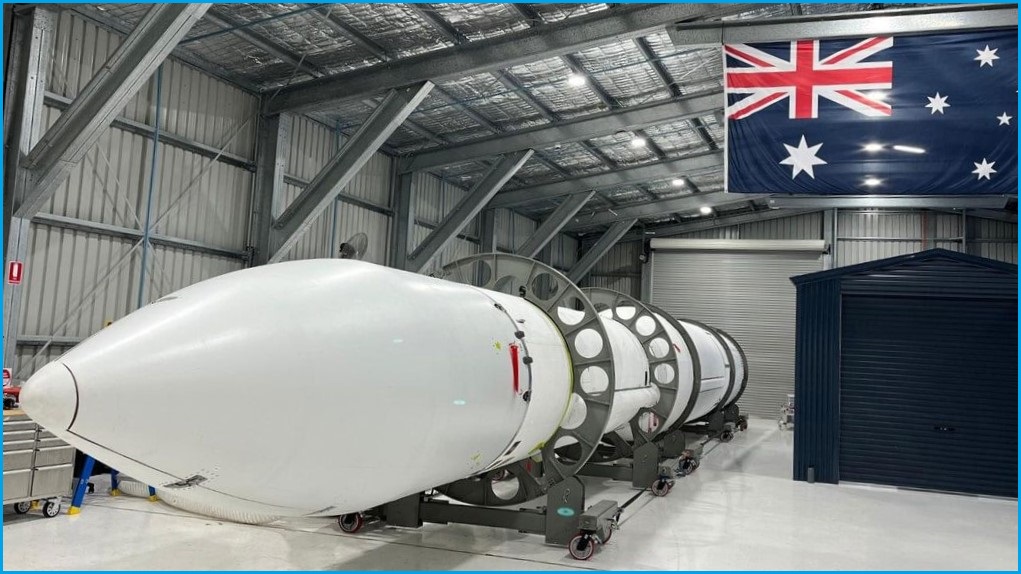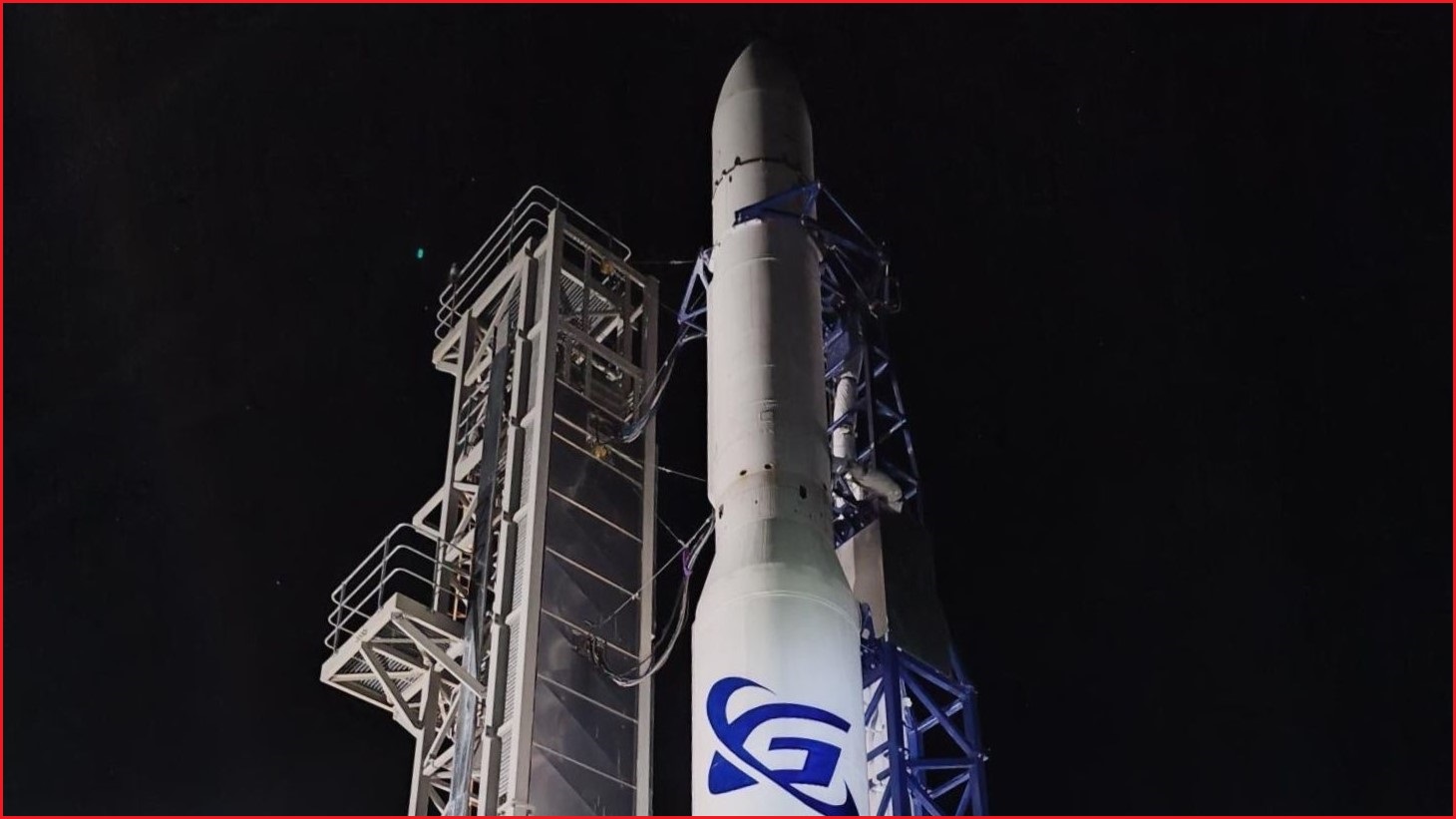Gilmour Space Technologies’ launch of Australia’s first sovereign orbital rocket has been postponed for “at least a few weeks” after a series of faults caused the so-called Eris craft to be scrubbed from its Queensland launch pad on two consecutive days.
The Gold Coast-based company said on Friday it was yet to set a new date for the rocket's next launch window at its spaceport in Bowen, around 1,000 kilometres north of Brisbane.
Gilmour Space had hoped to launch the 25-metre-long Eris when its launch window opened on Thursday morning, but it was placed on hold until Friday after engineers found “an issue in the ground support system during overnight checks”, the company said.
On Friday, shortly before the next launch window was due to open, Gilmour Space said an electrical fault during final preparations had “inadvertently” caused the rocket’s nose cone to open.
There were no injuries or damage caused by the incident, which occurred prior to fuelling the rocket, the company said.
‘All part of the journey’
CEO Adam Gilmour said while his team was “disappointed by the delay”, it was working on a fix and expected to be “back on the pad soon”.
“As always, safety is our highest priority,” he said.
“We’ll take the time needed to identify and resolve the issue before resuming launch operations.”
“… This is all part of the journey.”

Gilmour Space Technologies says an electrical fault caused Eris's nose cone to 'inadvertently' open during final tests. Image: Gilmour Space Technologies
While engineers analysed data from the electrical fault, a replacement nose cone would be transported from the Gold Coast to Bowen in the coming days, Gilmour Space said.
The company has spent years developing Eris and navigating regulatory approvals, and even completed a full dress rehearsal of the launch in September 2024, loading the rocket with propellant and carrying out all launch procedures right up until the pre-launch countdown.
History in the making
Eris is the first Australian-designed and made rocket aiming for orbit, and its launch would mark the first orbital launch attempt from Australian soil in around half a century.
Eris also uses a proprietary hybrid-propellant technology which Gilmour Space says is “safer and cheaper than traditional liquid- and solid-fuelled rockets”.

Adam Gilmour (right) with Prime Minister Anthony Albanese (left) in 2023. Image: Gilmour Space Technologies / Facebook
While Gilmour Space said it would not expect Eris to reach orbit on its very first attempt — it pointed out Elon Musk’s SpaceX took four attempts — the company said it hoped to gain “critical data” and showcase the importance of sovereign space technology and infrastructure.
“Developing homegrown launch capability is vital to our security, economy, and way of life,” the company has previously stated.
There would be no live stream or public countdown of the launch, Gilmour Space said, but the firm planned to share footage afterwards — even if the launch went awry.
As such, the only payload carried by Eris will be a single jar of Vegemite, and the rocket is expected to crash into the sea just minutes after launch.
Gilmour Space was co-founded in 2013 by brothers Adam Gilmour, a former investment banker; and James Gilmour, who has a business development background.
The company has received investment from venture capital funds such as Blackbird and Main Sequence, as well as Australian super funds Hostplus, HESTA, and NGS Super.
The firm also plans to turn its Bowen Orbital Spaceport into a hub for commercial satellite launches in the future, following in the footsteps of companies such as SpaceX and Amazon founder Jeff Bezos's Blue Origin.










